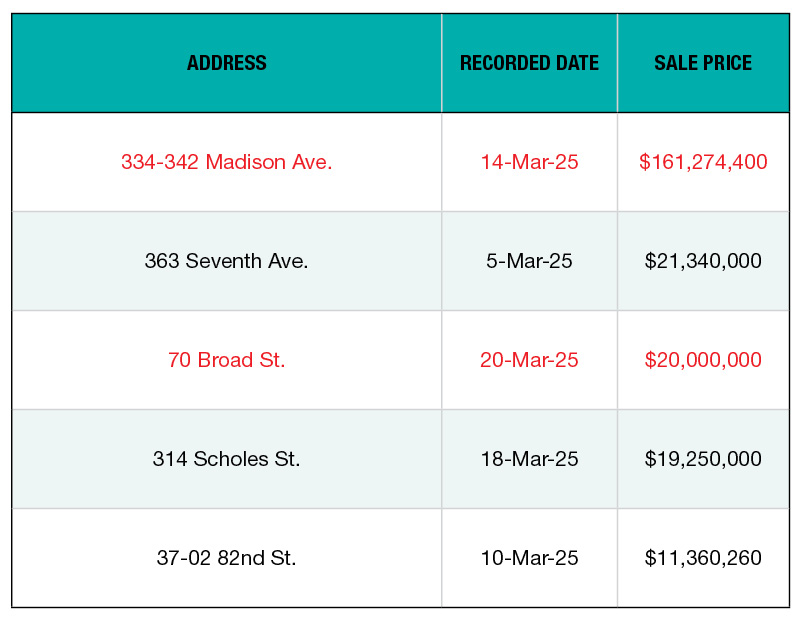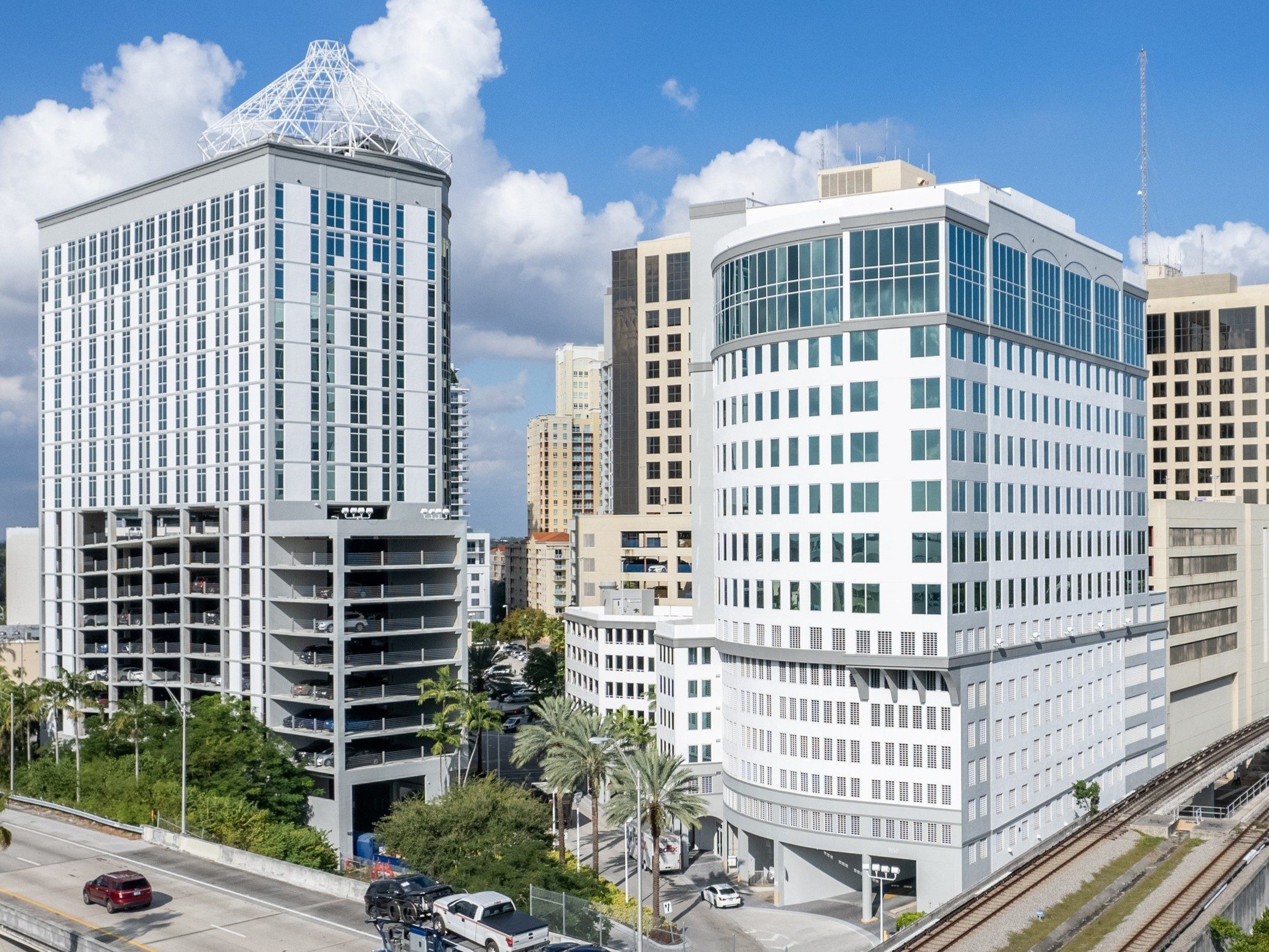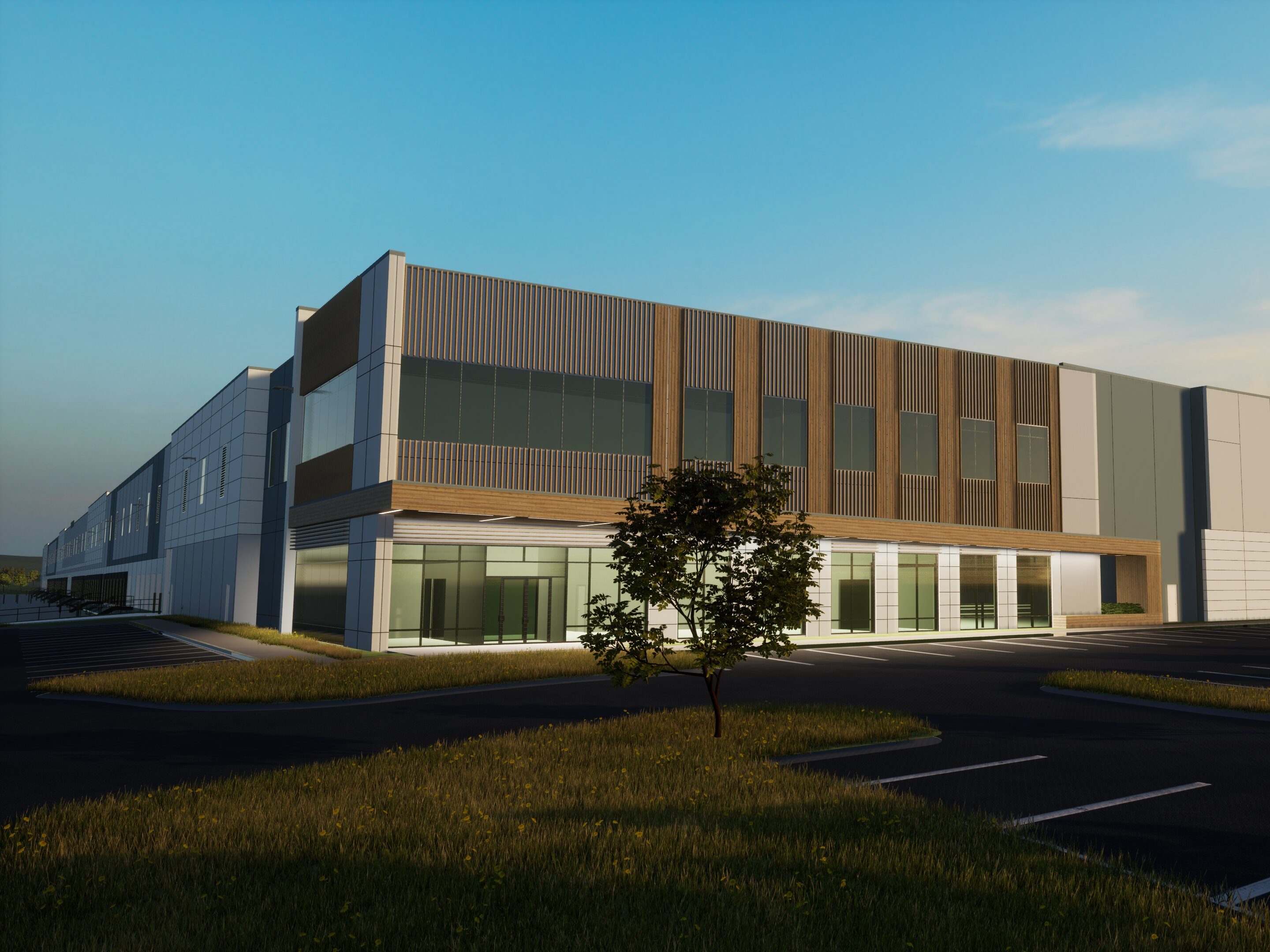Industrial Lease Trends to Consider in 2022
Stephanie Friese and William Janousek of Chamberlain Hrdlicka on what's driving the sector's wave of growth.
Many believe it was only a matter of time before the industrial sector made it to where it is today, and COVID-19 surely accelerated the evolution and transformation of the industrial real estate sector. E-commerce’s continued growth, an emphasis on relieving supply chain impact and institutional investment driving a new wave of growth are trends that have emerged.
E-commerce’s Continued Impact
In 2021, e-commerce represented just over 19 percent of all retail sales. The growth rate in e-commerce sales year-over-year went from an extreme jump during the pandemic of about 30 percent to stabilization in 2021 returning to pre-pandemic levels of roughly 14 percent year-over-year. E-commerce in 2021 became an $870 billion industry. In 2021, e-commerce accounted for almost 25 percent of all holiday spending, down from pandemic levels but signaling a preference among consumers to avoid the long lines and crowded traditional holiday shopping methods.
The continued growth of e-commerce has had substantial effects on industrial leasing. Notably, Amazon accounts for over 40 percent of U.S. e-commerce. In 2021, Amazon acquired 75 percent more land for distribution, data and other facilities growing their industrial portfolio to over $35 million. This increase in acquisition, although it was coupled with an increase in leasing year-over- year, is a stark reminder to landlords that tenants are not guaranteed. This shift does not raise a lot of immediate concern, given that it has become common for roughly 70 percent of new construction in the industrial sector to be pre-leased, but landlords must be aware of a potential shift in lease-vs.-own psychology for major industrial users.
Some developers, distributors and wholesalers are looking to adaptive reuse for industrial properties to meet the needs of the growing market. The focus on last-mile delivery has required creative solutions among landlords and tenants. Adaptive reuse projects involving sites vacant for years may serve as great opportunities for a last-mile facility, but considerations must be made for environmental contamination, zoning, and title concerns. Landlords and tenants alike need to understand the previous use and potential environmental hazards of adaptive re-use of a property with above-ground or underground gas tanks, solvent spills, and other concerns that could affect the storage of products or use of the site.
Alleviating the COVID-Related Supply Chain
Delays in off-loading shipping containers, and delivery delays caused by reduced numbers of truckers or stevedores, are examples of the many factors causing substantial impact on supply chains. Those complications, in turn, diminished economic growth during the pandemic. The difficulties have caused problems in every vertical part of the supply chain: unavailability of raw material and labor shortages in manufacturing, increased shipping costs (500 percent from China to the U.S. from 2020-2021), increasing demand, with a corresponding lack of industrial storage space. The U.S. began attacking the broken supply chain through port expansion such as Georgia’s $500 million investment in the Savannah Port and the infrastructure, which has been passed but awaits funding.
Despite the the success of Savannah’s port and others in absorbing the increase in supply need, western ports are facing a backlog of ships waiting to unload. With the lack of truck drivers to transport the goods from the port to the consumer or distribution facility, ports are having to invest in additional container storage facilities both at or near the port property to others along major highways and railroads to alleviate this backlog. Industrial outdoor storage leasing has exploded as a result and is poised to be one of the largest growth areas in the industrial real estate sector for 2022.
Further, the supply chain challenges facing the U.S. has hindered efficiency in industrial leasing. Take lumber, for example, a commodity that had such shortages during the pandemic and weather-related supply chain issues it made companies (not just the commodity itself) grow by 40 percent or more. Increased costs and the inability to procure lumber delayed construction of not only new developments but tenant improvements and other buildouts.
The risk is great. A landlord facing significant delays on a buildout may be in default of a lease, allowing a tenant to walk away after they have already expended a significant amount of time and money. Landlords need to look to the future and consider contractual protections similar to force majeure provisions for supply chain disruption, allowing the landlord increased time to complete a buildout or requiring the tenant begin paying rent after a percentage of completion following a supply chain disruption like the Suez Canal blockage last year.
Institutional Investment Driving a New Wave of Growth
The above phenomena have made one thing clear. Investors are toying with the idea of shifting their portfolios from a multifamily to more diversified or industrial dominant sector. This change will likely take years, as multifamily remains an extremely profitable and attractive investment given rising rents across the country.
In 2021 alone, Investcorp acquired 64 industrial properties, more than 5.6 million square feet of space for roughly $640 million. The properties enjoyed geographic diversity and were 95 percent leased. In 2021, JP Morgan formed a $700 million joint venture with Zenith IOS to acquire and lease industrial outdoor storage properties. The venture is specially equipped to target infill industrial locations in growth areas to support current and future supply chain needs. Some may think these are not indicators of the future but one-off deals, we see them as the tip of the iceberg.
Institutional investment leads to exponential growth for some, and excessive risk to many. Small business and local landlords need experienced counsel who understand the market and can step up to the plate. Local counsel is equally as important in these large deals to understand the intricacies of zoning, title and other issues that might be handled differently in the state where the institutional investor’s counsel is located.
Stephanie Friese is co-managing shareholder in the Atlanta office & chair of the Real Estate Practice Group of Chamberlain Hrdlicka. She can be contacted at (404) 665-1220 or Stephanie.Friese@chamberlainlaw.com. Will Janousek is a real estate and corporate law clerk in the Atlanta office of Chamberlain Hrdlicka. He can be reached at (404) 658-5444 or William.Janousek@chamberlainlaw.com.









You must be logged in to post a comment.